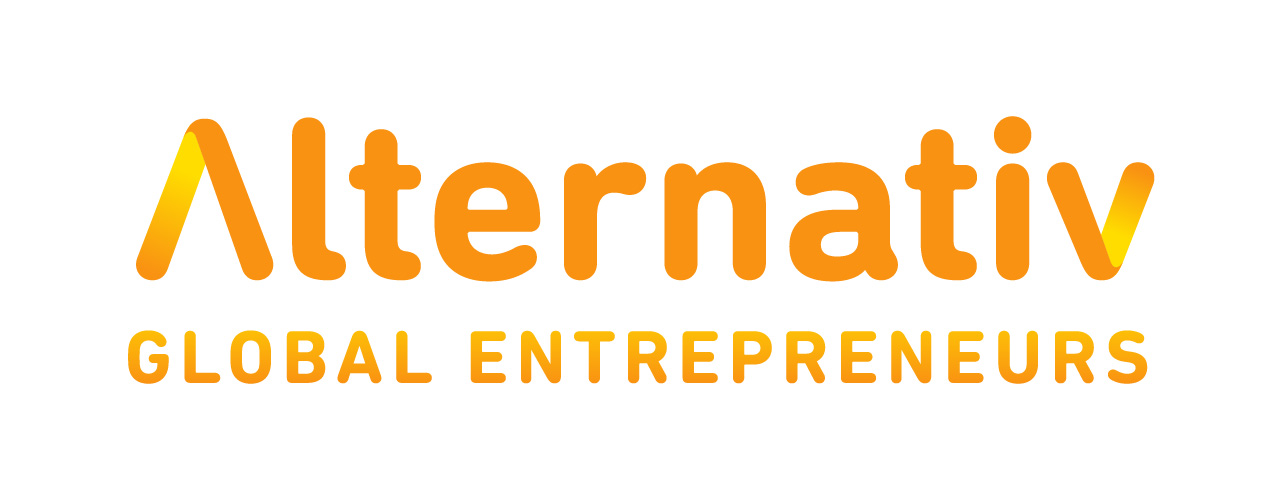A note from Alternativ
The last few months have certainly been a turbulent time for Alternativ partner organizations, training graduates, our local supporters and families and communities all over the world.
A recent blog by the World Bank Managing Director of Operations Axel van Trotsenberg claims that “due to the impacts of the COVID-19 crisis, four out of five people in the global workforce of 3.3 billion are currently affected by full or partial workplace closures.”
Those closest to us have lost their jobs and entered into hardships never before seen. Alternativ graduates and daily wage earners all over the world have been forced to shut down their businesses. In Uganda, new apprentices and other recent hires empowered to seek opportunities for the first time in their lives have been laid off. In Nepal, families surviving on remittances from their loved ones working abroad have suddenly seen sources of income evaporate. More of the same can be seen both locally and wherever Alternativ and our partners have worked to empower communities and inspire entrepreneurial ecosystems.
Before 2020, acting under the guidance of the UN SDGs (learn more), the international community had celebrated consistent and steady declines in global poverty for almost 30 years. For the first time since 1990, it is more than certain that these numbers will again rise (see UN working paper: https://www.wider.unu.edu/sites/default/files/Publications/Working-paper/PDF/wp2020-43.pdf)
The same World Bank blog states:
“The economic and social impacts of the pandemic are reverberating globally: amid great uncertainty, we can all foresee a very different world for a long time to come. Millions more people are likely to fall into extreme poverty as a result of COVID-19, and the existing poor will experience even deeper deprivation.”
Should we hope to curb the global economic effects of today’s concerns, it is then, without question, that we work to integrate and optimize development programs with a long-term focus, emphasizing what has worked effectively and promoted self-sustainability. Although great strides have been made, as has been argued and proven time and time again (view more on our why business page) as well as emphasized in various formal studies, standard practices in development and aid have not shown to be very effective in eliminating poverty. This study by William Easterly, Economics at NYU, makes the same conclusion using quantifiable indicators and empirical models looking specifically at both UN and private development initiatives.
https://williameasterly.files.wordpress.com/2010/08/61_easterly_williamson_rhetoricvsreality_prp.pdf
When we invest in entrepreneurship, education, and business support, we encourage learning and we encourage trial and error. We break dependency. We promote innovation.
As Deirdre N. McCloskey. esteemed professor at the University Of Chicago, outlines in her book “Bourgeois Dignity: Why Economics Can't Explain the Modern World”, by investing in entrepreneurship, we “enable poor societies to find ways to create new approaches to help them move out from their plight.”
And we have seen this occur naturally, evident by Alternativ graduates all over the world rapidly shifting their business models or jumping on new opportunities to make a difference in their lives.




















